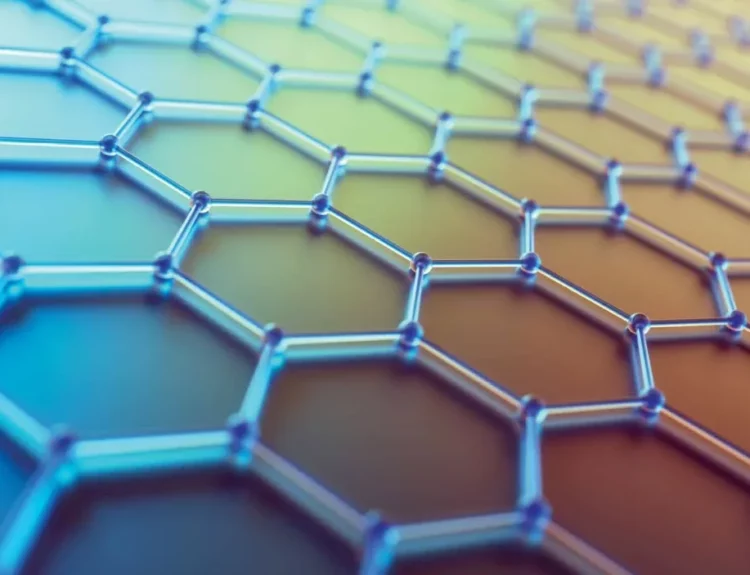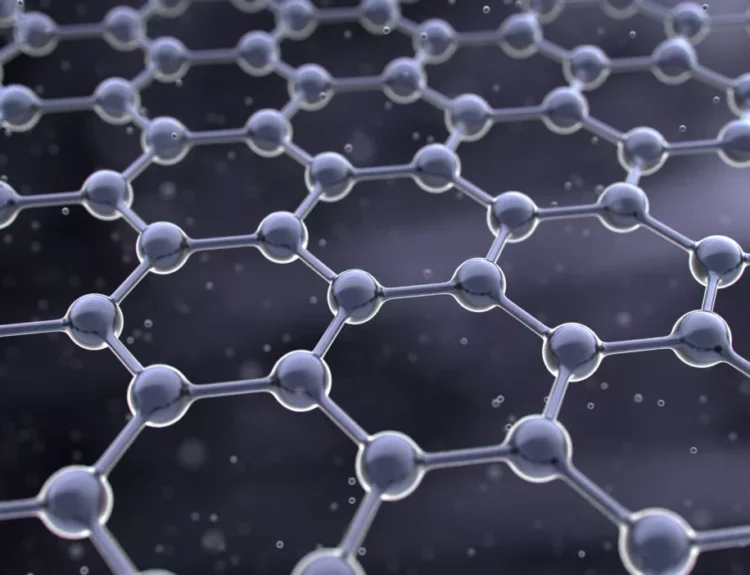Graphene, a material made from carbon atoms, is poised to revolutionize various industries with its exceptional properties. This ultra-thin, ultra-strong, and highly conductive material has the potential to transform technology, medicine, energy, and more. Let’s explore how graphene might shape our world in the coming years in a language that’s easy to understand.
Transforming Electronics
Graphene’s incredible electrical conductivity and thinness make it a prime candidate for the next generation of electronic devices. Imagine faster, more energy-efficient, and flexible smartphones, tablets, and computers. Graphene could lead to the development of ultra-thin, bendable displays that could be rolled up, making devices more portable and durable.
Revolutionizing Energy Storage
One of the most exciting prospects for graphene is in the field of energy storage. Graphene-based batteries could significantly outperform current lithium-ion technology, offering faster charging times, and increased safety. This advancement could dramatically impact everything from electric vehicles, which could charge in minutes instead of hours, to renewable energy systems, where graphene batteries store solar or wind energy more efficiently.
Advancing Medicine
Graphene’s unique properties could also lead to breakthroughs in medical technologies. Its high surface area and conductivity make it an excellent material for sensitive biosensors that could detect diseases at their earliest stages. Furthermore, graphene’s flexibility and biocompatibility could be harnessed for wearable health monitoring devices or even in neural interfaces that help treat neurological diseases or restore sensory functions.
Improving Water Filtration
Water scarcity is a global issue, and graphene might offer a solution through advanced filtration methods. Graphene-based filters could effectively remove contaminants from water more efficiently than current filtration systems, making purifying and desalinating water easier. This could provide access to clean drinking water in areas where it’s currently scarce, improving millions’ health and quality of life.
Reinventing Aerospace and Automotive Industries
The strength and lightness of graphene could lead to significant advancements in the aerospace and automotive industries. Materials made with graphene can reduce the weight of aircraft and vehicles, leading to improved fuel efficiency and reduced greenhouse gas emissions. Moreover, graphene-enhanced materials’ enhanced durability could improve vehicles’ and structures’ safety and longevity.
Challenges and Outlook
Despite its potential, yet there are challenges to overcome before graphene’s widespread adoption, including high production costs and the need for scalable manufacturing methods. Ongoing research efforts are focused on addressing these hurdles, making the future of graphene in various industries incredibly promising.
In summary, graphene stands on the brink of transforming our world, offering solutions to some of the most pressing challenges across multiple industries. From faster, flexible electronics to clean water and sustainable energy, the potential applications of graphene are vast and varied. As we continue to unlock its full potential, graphene could be the cornerstone of numerous technological advancements.
To purchase Graphene, please follow this link.







